Voyage
to
Mars
Mission Teams
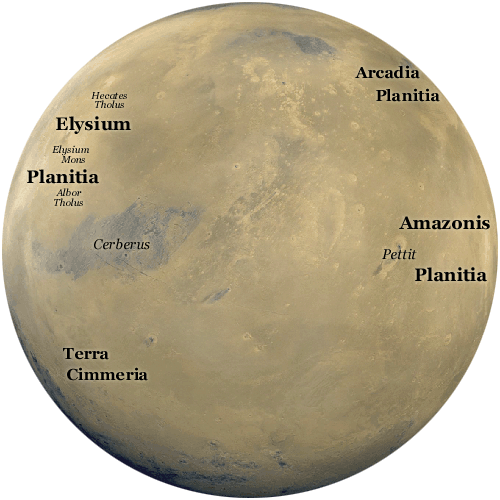
Mission Teams
The mission team descriptions below outline the roles and responsibilities of each team and will help you make decisions about the type of assignment you would like to have. In preparation to fly your mission at the Challenger Learning Center, you must "apply" for available positions, and will be assigned by your teacher to different roles. Each team has a limited number of positions. Please note that you might not be assigned to the team for which you apply.
Each mission requires the cooperative effort of eight or nine teams. (The ninth or PRESS TEAM normally will be assigned only if there are more than 32 students on a mission.) Teams will do a "crew swap" half way through the mission so that each team will experience Mission Control as well as Space Station during the course of the mission.
In order to join a mission team, you must:
- Review the teams needed to complete your mission (shown in the section below).
- Decide which mission team you would like to join.
- Download and complete a Job Application.
- Submit the completed job application to your teacher for team assignment.
|
|
Team Description |
Space Station |
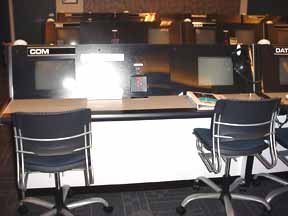 |
COMMUNICATIONS (COM): As
members of the Communications Team, students will be responsible
for all verbal communication between Mission Control and the Space
Station. |
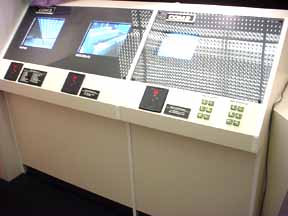 |
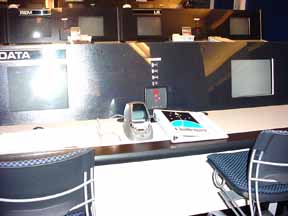 |
DATA TEAM (DATA): As members
of the Data Team, students will be responsible for data entry,
synthesizing and summarizing data from the Research Program and
the video link between Mission Control and the Space Station. Skills: Proficiency in reading and oral communications, ability to work in high stress situations. |
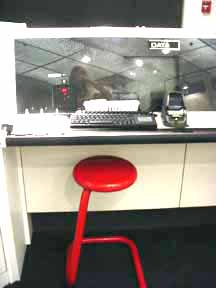 |
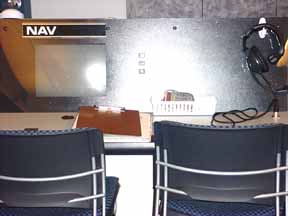 |
NAVIGATION TEAM (NAV): As
members of the Navigation Team, students will send and receive
messages, calculate trajectories, and analyze and determine angles
for launch coordinates. Skills: Data entry skills, strong math skills, interest in astronomy. |
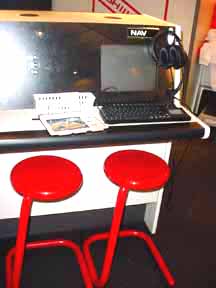 |
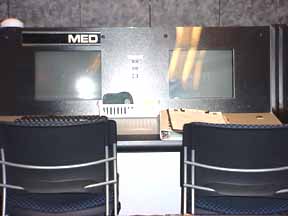 |
MEDICAL TEAM (MED): As members
of the Medical Team, students will monitor and analyze auditory
and visual response time, respiration rate, skin temperature and
heart rate of Space Station personnel. |
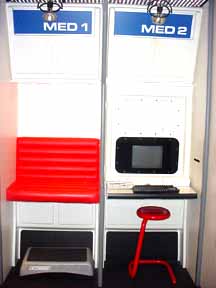 |
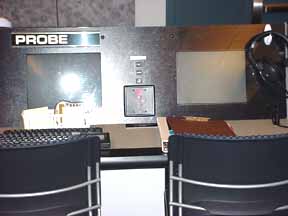 |
PROBE TEAM (PROBE): As members
of the Probe Team, students will be responsible for assembly, launch,
and monitoring of a space probe. |
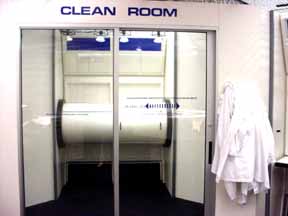 |
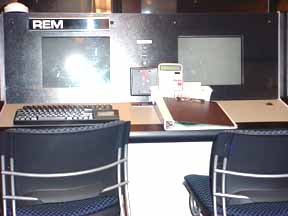 |
REMOTE TEAM (REM): As members
of the Remote Team, students will operate the robotic arm and collect
and analyze mass, volume and chromatography data. Skills: Strong mechanical and observation skills, proficiency in reading. |
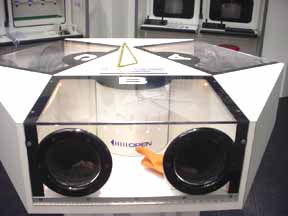 |
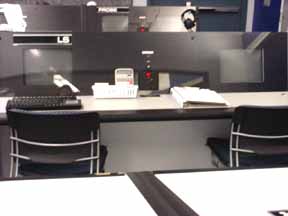 |
LIFE SUPPORT TEAM (LS): As
members of the Life Support Team, students will perform water supply
tests, analyze data from pH tests, and read solar panels. Skills: Strong problem solving skills, interest in environmental and biological sciences. |
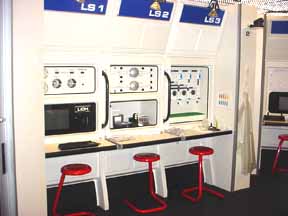 |
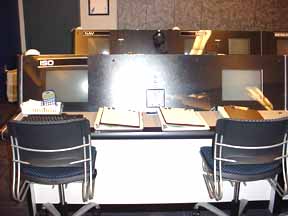 |
ISOLATION TEAM (ISO): As members
of the Isolation Team, students will be responsible for conducting
research and data analysis of radioactivity, meteoroids, and hazardous
materials. |
|
PRESS TEAM (PRESS): As members
of the Press Team, students will conduct interviews, take photographs,
and write news releases. Skills: Strong observation, communication and writing skills. |
 |
Support for program number HST-ED-90285.01-A was provided by NASA through a grant from the Space Telescope Science Institute, which is operated by the Association of Universities for Research in Astronomy, Incorporated, under NASA contract NAS5-26555. Copyright (c) 2007 Challenger Learning Center at Prairie Aviation Museum and Challenger Learning Center of Northwest Indiana. Staff of Challenger Learning Centers and instructors of classes involved with Challenger Learning Center missions may reproduce this WebQuest guide for classroom and educational purposes. Otherwise this work may not be reproduced, stored in a retrieval system, or transcribed, in any form or by means – electronic, mechanical, photocopying, recording, or otherwise – without the prior written permission of the copyright owners. This page is based upon the WebQuest model. |